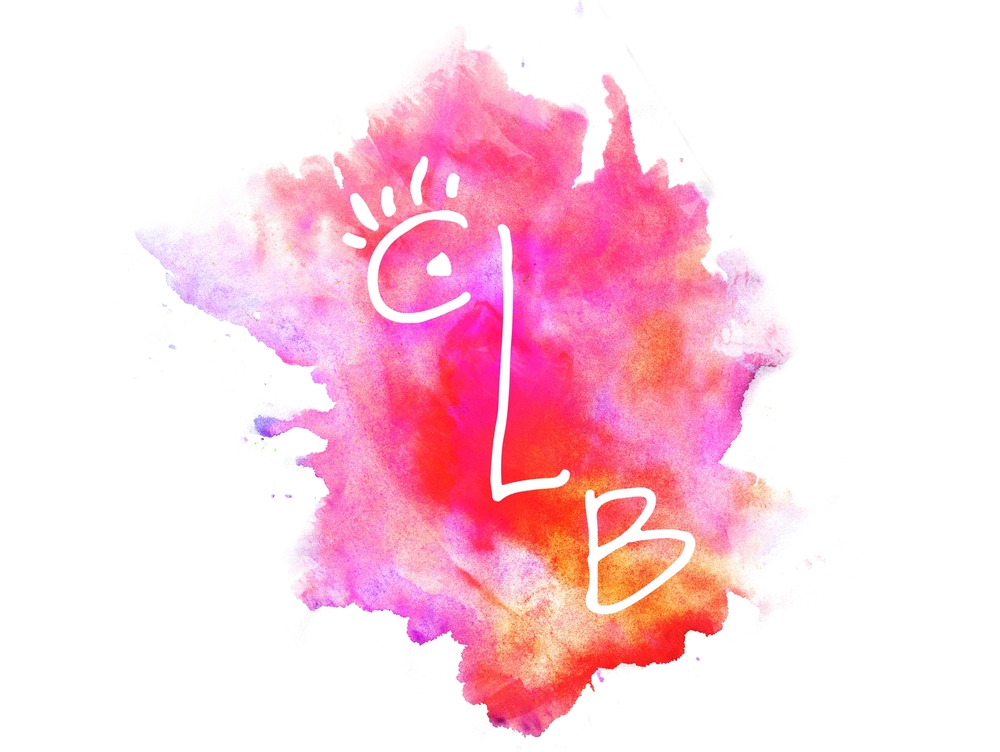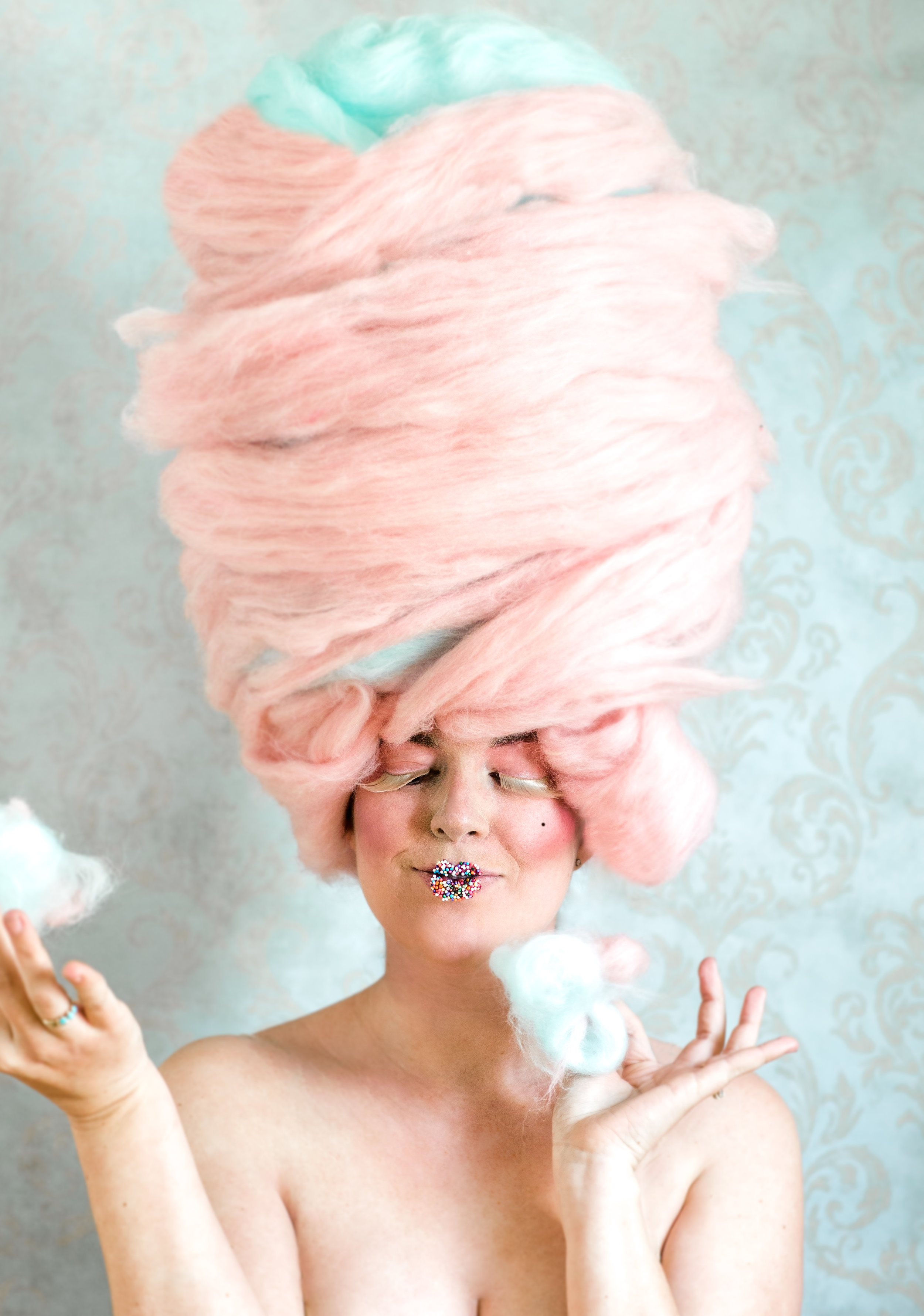I wasn't ever one of those artists that had an exact career trajectory. I knew what I liked and I knew what I didn't like, but I never said to myself, "I know I want to be a ____." I didn't even know for sure if I wanted to be a photographer at all. I kind of just thought being a photographer sounded cool.
When I was in school, I was really into studio fashion work and portraiture. My senior thesis project was based around a fictional world of characters from songs by the Beatles, such as Eleanor Rigby, Lady Madonna, and the Taxman. I did everything from the makeup to the lighting.
And I loved it.
"Taxman" 2008
When I started shooting weddings in 2012, I thought this love of fantasy would turn into me attracting couples that only did theme weddings, which is so niche I didn't even know where to start marketing to those cool people.
So instead, I started to encourage my friends to play dress up. And by "encourage" I really mean "force." I knew I needed a portfolio to reflect the type of photos I wanted to eventually be paid to take.
The first mock engagement session I ever did was a play off the movie Moonrise Kingdom. The movie had just come out at that point, so the idea was still new and exciting (but now, I think I've seen a million Moonrise Kingdom engagement sessions).
I swear this was original in 2012
Now I know that these types of "mock sessions" are really just called "styled shoots" in the industry.
Once I started getting busier, my clients began looking to me for suggestions on what to do for their engagement session. Honestly, I just wanted them to have fun. And I wanted to have fun, too. I knew my job would get really tedious really quickly if every shoot had the same prom poses with the same location.
And then it clicked.
Everyone is unique in their own way, right? Maybe my clients don't like playing dress up, but there is certainly at least SOMETHING they like to do. Maybe they don't normally go to parks and hold hands and do corny things while skipping through the grass into the sunset. I honestly don't know if I'd want to meet the person that does this in their spare time.
So I started to telling my clients, when it comes to planning your engagement session:
I was open to any and all suggestions. No idea was too weird.
Then, it happened. One of my couples loved the idea of doing something that was totally "them." They didn't want to gaze into each other's eyes on the beach at sunset. They didn't want sunset at all, they wanted to get tattoos together at night.
They still gazed into each other's eyes, though. It was an engagement session, after all.
That shoot was challenging and fun, from figuring out the lighting to getting to know my clients, (who are now dear friends of mine and just had their first baby!).
I was hooked. And thus began my career-long obsession with doing anything my couple felt would be "fun."
I photographed couples going on perfect dates. I started working with props.
I went on a road trip all the way up the coast to Big Sur.
And on our way home we stopped at In n' Out.
Some couples really went all in.
...while others chose to stay at home and make s'mores.
And these two just wanted to embrace in the snack aisle.
That's the most romantic place I know, too.
It's really rare that engagement sessions get published anywhere. Weddings are where it's at. No one wants to see 20 photos of people who they don't know making out, they just want to know about the things. So trust me, I'm literally only doing these because I think they are fun for everyone and they help me really get to know the people I work with.
So, there you have it. My niche. I have no idea how it will look 5 years from now, but I know I'm going to meet a ton of people with incredible imaginations and I'll have a lot of fun along the way.
And I can still play dress up whenever I want to.



















